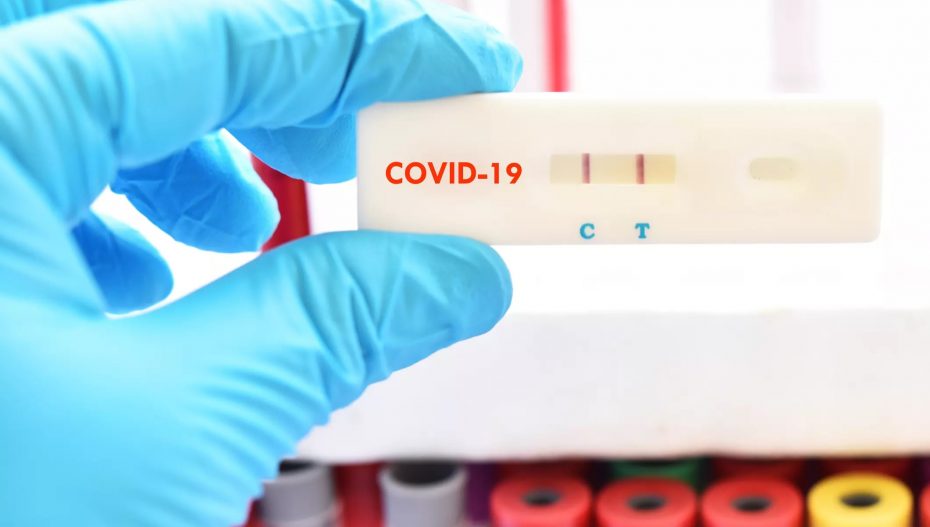As soon as the news of a new heavily mutated variant of novel coronavirus infecting a large number of people in South Africa surfaced, the world sprung into action by imposing travel bans, mandated testing of international arrivals and upping the ante on genome sequencing. Until yesterday, three countries — South Africa, Botswana and Hong Kong — had reported infections caused by the B.1.1.529 variant. Today, however, the UK was added to the list as it identified two cases of the Omicron Covid variant. As the international airways have opened up following a long lull post the second wave, India is once again on alert considering the losses it encountered the last time a variant caught the population unawares.
How Is Omicron Different Than Other ‘Variants of Concern’?
Tulio de Oliveira, director for the Centre for Epidemic Response and Innovation in South Africa, said of the new variant, “It is worrisome on the mutational level as it seems to spread very quickly.” During a press briefing a few days back, Oliveira said, “This variant did surprise us, it has a big jump on evolution [and] many more mutations that we expected.” He said given that the variant is heavily mutated, concerns about whether the vaccines, which were made to tackle the Wuhan strain, would still be effective.
The World Health Organisation (WHO), which today termed Omicron as a ‘variant of concern’ released a statement underscoring its characteristics. “The B.1.1.529 variant (Omicron) was first reported to WHO from South Africa on November 24, 2021. The epidemiological situation in South Africa has been characterized by three distinct peaks in reported cases, the latest of which was predominantly the Delta variant. In recent weeks, infections have increased steeply, coinciding with the detection of the B.1.1.529 (Omicron) variant. The first known confirmed B.1.1.529 infection was from a specimen collected on November 9, 2021,” the statement read.
The WHO stated that preliminary evidence suggests an increased risk of reinfection with this variant, as compared to other ‘variants of concerns’. “The number of cases of this variant appears to be increasing in almost all provinces in South Africa. Current SARS-CoV-2 PCR diagnostics continue to detect this variant. Several labs have indicated that for one widely used PCR test, one of the three target genes is not detected (called S gene dropout or S gene target failure) and this test can therefore be used as marker for this variant, pending sequencing confirmation. Using this approach, this variant has been detected at faster rates than previous surges in infection, suggesting that this variant may have a growth advantage,” the statement added.
Where Does Gujarat Stand?
Meanwhile in Gujarat, passengers from nine countries and the EU categorized as ‘at risk’ by the Union Health Ministry will have to undergo Covid-19 tests upon arrival. Passengers arriving from Europe, UK, Brazil, South Africa, Bangladesh, Botswana, China, Mauritius, New Zealand and Zimbabwe would be required to undergo tests as per the new mandate.
“As per the letter issued to us on Friday by the Union Health Ministry, RT-PCR test is mandatory for all incoming travelers who do not have vaccination certificate,” state Additional Chief Secretary (Health) Manoj Aggarwal said. If tested positive, the samples will be sent for genome sequencing to identify whether the infection is caused by the Omicron variant. The state, so far, maintains that it is free of the heavily mutated B.1.1.529 variant.












